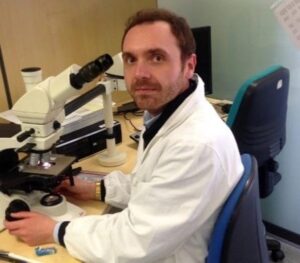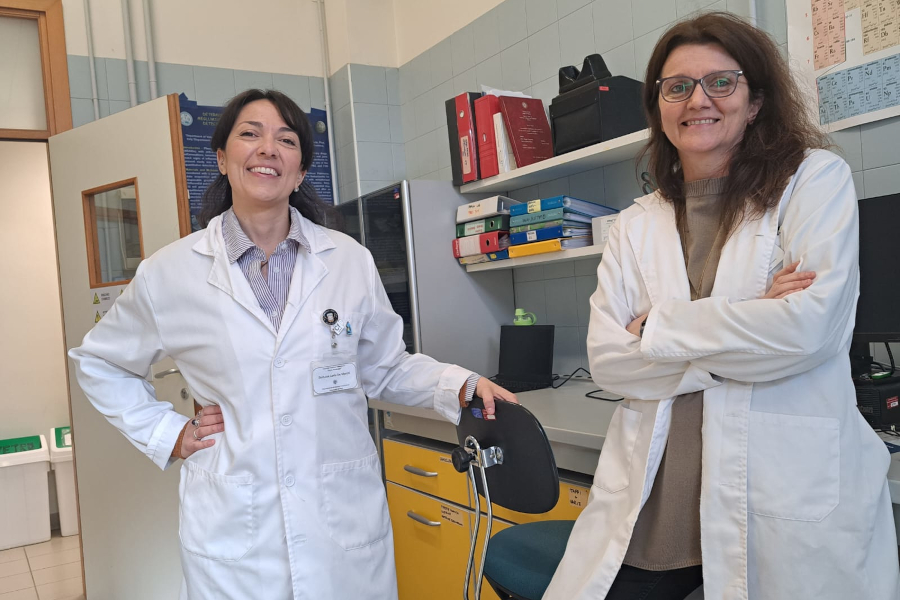
In the very month dedicated to breast cancer awareness, a study conducted by the University Hospital of Pisa and the University of Pisa marks a potential step forward in the fight against one of its most aggressive forms — HER2-positive breast cancer — thanks to an innovative model (MTClin) capable of accurately predicting patients’ response to neoadjuvant therapies. Although HER2-positive tumours are among the most responsive to targeted molecular drugs, some patients still fail to achieve a complete response, largely because treatments cannot yet be tailored with absolute precision.
MTClin — developed through research published in the “European Journal of Cancer” and partly supported by PNRR funding — has proven to be a highly reliable predictive tool. Applied to a large group of patients treated with anti-HER2 therapy, the algorithm accurately identified which individuals would fully benefit from the treatment and which would have only a partial response. The results showed very high sensitivity and specificity rates, particularly in certain subgroups of early-stage patients, where predictive accuracy was at its highest. Moreover, MTClin also demonstrated the ability to forecast the risk of disease recurrence at three and five years, with accuracy levels approaching 100%. Once externally validated, the tool could become part of standard clinical practice.
The algorithm is the result of research led by Cristian Scatena, from the Pathological Anatomy Unit 1 — headed by Antonio Giuseppe Naccarato, Full Professor of Pathological Anatomy — and Associate Professor of Pathological Anatomy at the University of Pisa.
“Close collaboration played a crucial role in achieving these results,” Scatena emphasised, “particularly with oncologists from Aoup, including Andrea Fontana from the Medical Oncology Unit 2, directed by Gianluca Masi, Associate Professor of Medical Oncology at the University of Pisa, as well as colleagues from the Humanitas Institute and the University of Catania, whose contributions helped broaden the case study. Special mention also goes to Eugenia Belcastro, researcher in General Pathology at the University of Pisa, who made a key contribution to the development of the study.”



